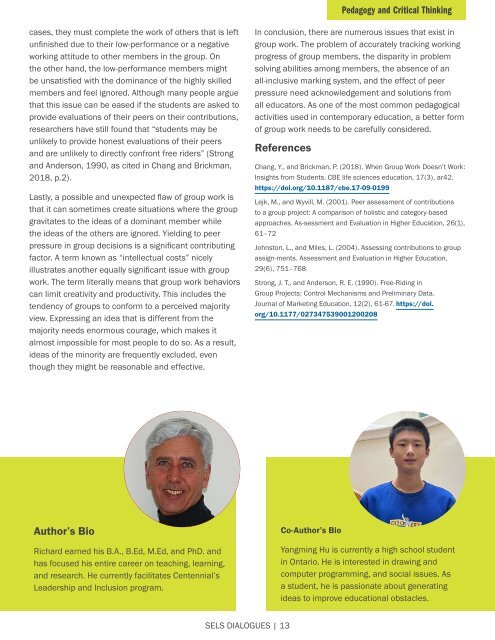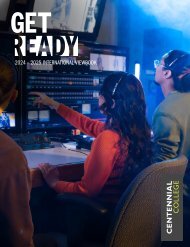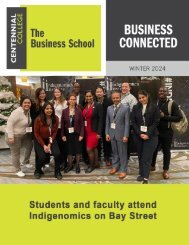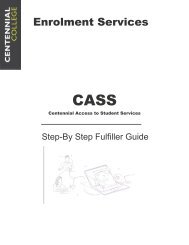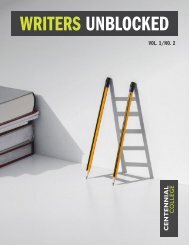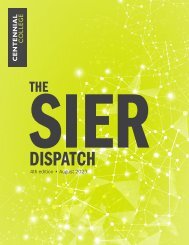SELS Dialogues Journal Volume 3 Issue 1
A diverse collection of articles, each offering a unique perspective and contributing to the ever-expanding landscape of knowledge and creativity.
A diverse collection of articles, each offering a unique perspective and contributing to the ever-expanding landscape of knowledge and creativity.
Create successful ePaper yourself
Turn your PDF publications into a flip-book with our unique Google optimized e-Paper software.
Pedagogy and Critical Thinking<br />
cases, they must complete the work of others that is left<br />
unfinished due to their low-performance or a negative<br />
working attitude to other members in the group. On<br />
the other hand, the low-performance members might<br />
be unsatisfied with the dominance of the highly skilled<br />
members and feel ignored. Although many people argue<br />
that this issue can be eased if the students are asked to<br />
provide evaluations of their peers on their contributions,<br />
researchers have still found that “students may be<br />
unlikely to provide honest evaluations of their peers<br />
and are unlikely to directly confront free riders” (Strong<br />
and Anderson, 1990, as cited in Chang and Brickman,<br />
2018, p.2).<br />
Lastly, a possible and unexpected flaw of group work is<br />
that it can sometimes create situations where the group<br />
gravitates to the ideas of a dominant member while<br />
the ideas of the others are ignored. Yielding to peer<br />
pressure in group decisions is a significant contributing<br />
factor. A term known as “intellectual costs” nicely<br />
illustrates another equally significant issue with group<br />
work. The term literally means that group work behaviors<br />
can limit creativity and productivity. This includes the<br />
tendency of groups to conform to a perceived majority<br />
view. Expressing an idea that is different from the<br />
majority needs enormous courage, which makes it<br />
almost impossible for most people to do so. As a result,<br />
ideas of the minority are frequently excluded, even<br />
though they might be reasonable and effective.<br />
In conclusion, there are numerous issues that exist in<br />
group work. The problem of accurately tracking working<br />
progress of group members, the disparity in problem<br />
solving abilities among members, the absence of an<br />
all-inclusive marking system, and the effect of peer<br />
pressure need acknowledgement and solutions from<br />
all educators. As one of the most common pedagogical<br />
activities used in contemporary education, a better form<br />
of group work needs to be carefully considered.<br />
References<br />
Chang, Y., and Brickman, P. (2018). When Group Work Doesn’t Work:<br />
Insights from Students. CBE life sciences education, 17(3), ar42.<br />
https://doi.org/10.1187/cbe.17-09-0199<br />
Lejk, M., and Wyvill, M. (2001). Peer assessment of contributions<br />
to a group project: A comparison of holistic and category-based<br />
approaches. As-sessment and Evaluation in Higher Education, 26(1),<br />
61–72<br />
Johnston, L., and Miles, L. (2004). Assessing contributions to group<br />
assign-ments. Assessment and Evaluation in Higher Education,<br />
29(6), 751–768<br />
Strong, J. T., and Anderson, R. E. (1990). Free-Riding in<br />
Group Projects: Control Mechanisms and Preliminary Data.<br />
<strong>Journal</strong> of Marketing Education, 12(2), 61-67. https://doi.<br />
org/10.1177/027347539001200208<br />
Author’s Bio<br />
Richard earned his B.A., B.Ed, M.Ed, and PhD. and<br />
has focused his entire career on teaching, learning,<br />
and research. He currently facilitates Centennial’s<br />
Leadership and Inclusion program.<br />
Co-Author’s Bio<br />
Yangming Hu is currently a high school student<br />
in Ontario. He is interested in drawing and<br />
computer programming, and social issues. As<br />
a student, he is passionate about generating<br />
ideas to improve educational obstacles.<br />
<strong>SELS</strong> DIALOGUES | 13


